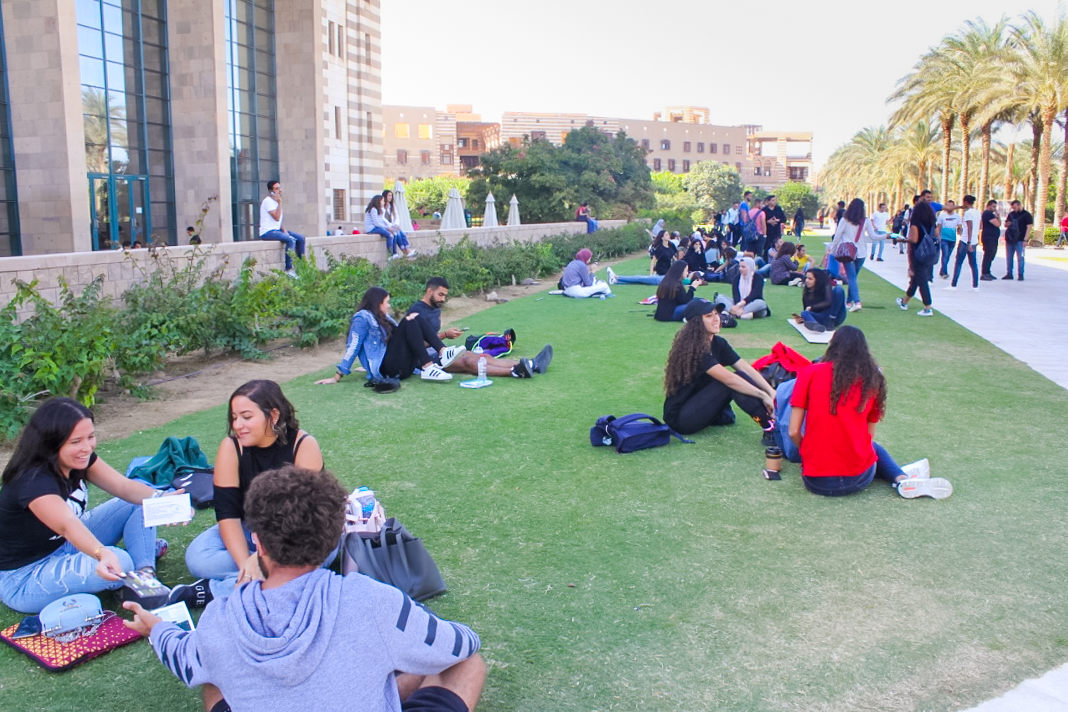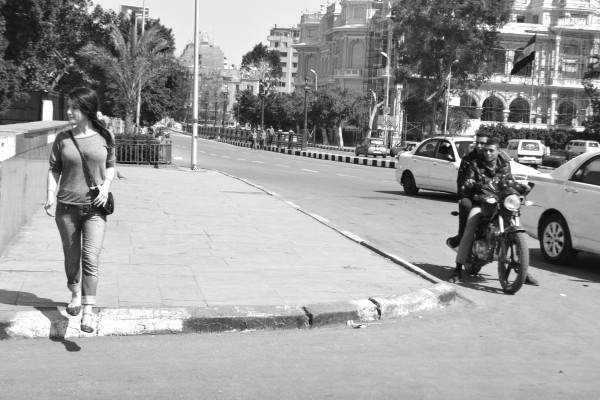Social Distancing: Physical vs Mental Health
By: Noran Alaa Morsi
@noranmorsi
There’s no shortage of recent information advising people to practice social distancing to avoid infection with COVID-19, but at what point does caution end and lonely isolation begin?
With most people being asked to stay home to limit the spread of the virus, the World Health Organization (WHO) recently issued a document with advice on dealing with the crisis in regards to mental health and psychosocial considerations.
Most significantly, WHO advises people against watching, reading or listening to news that cause them to feel anxious or stressed. It is also important at this time to avoid fake news spread through social media on platforms like Whatsapp and Facebook, and to be able to distinguish between it and real news through fact checking.
“Seek information only from trusted sources and mainly to take practical steps to prepare your plans and protect yourself and loved ones. Seek information updates at specific times during the day, once or twice,” advised WHO.
The WHO recommended its own online platforms as trusted sources.
When it comes to social distancing, Jaime Mendoza, associate professor of practice at the Department of Psychology defined it as “trying to maintain enough of a distance between friends and in many cases family, but mostly unfamiliar people, so that no form of the illness is passed.”
Mendoza elaborated on the psychological implications of social distancing by pointing out the Five Love Languages, and how the ‘physical touch’ love language is eliminated by the current precautions.
He said that people may feel a bit colder or more aloof and not as approachable due to the loss of this method of affection.
“You have to remember the other love languages that people have. Number one is ‘words of appreciation’, so instead of hugging somebody, tell them how important they are to you and how you miss them. Those are affirmations that could replace the physical touches to some level,” Mendoza said.
The Five Love Languages also include gift-giving, quality time and acts of service, and they differ in preference from person to person.
Mendoza advised that one can avoid the negative results of social distancing by maintaining social relations. Different ways to do that are giving someone a phone call to check-in, or writing them a message to let them know they’re being thought of.
“Go on a walk. Because what happens is if we get stuck in the anxiety or the panic of the virus, then the heart can be soothed by just physical exercise like walking,” Mendoza added.
There are also important ways of maintaining mental health and sanity at this time, said Nour Beblawy, 2018 AUC alumna and current Expressive Art Therapy masters candidate at the European Graduate School.
“Write down or share with someone you trust a simple routine of sorts, think of some interests, to do things you want to spend time on, perhaps things you’ve been putting off and integrate them in your routine,” Beblawy said.
“Make sure they’re realistic or can be broken down over several days and share with the people you trust what they can do, in case it gets overwhelming.”
Beblawy recommended different ways of exercise, such as dance, yoga and running – as well as keeping a good food diet, as it makes a big difference in regards to mood.
The current COVID-19 pandemic is impacting people worldwide, but students who are studying away from home are specifically in a limbo as to where they’re going to be for the next few months.
“My friends and I were discussing the seriousness of the situation and how many colleges are switching online. I was pretty upset, and while I love my family, I almost didn’t want to visit them to avoid the reality of possibly getting stuck at home,” said Leen Diab, Computer Science sophomore at Macalester College in Minnesota.
Diab was visiting her family in Boston when she found out that the remainder of the semester had also been cancelled. She said the time she had to process it left her in a good space to have a positive attitude about the situation.
“I think the psychological impact is rooted in not having control over my situation, not the situation itself. Once I accept it, I think I will find a lot of joy in staying at home,” Diab added.
Many online organizations have decided to offer free resources to help with education and entertainment when many students have more free time than usual.
For example, Adobe is giving out a free two month subscription to their products. Zawya, the cinema in Downtown Cairo, is uploading weekly free movies on Vimeo for their viewers to watch online along with several similar opportunities on the internet.
Some students don’t view this time-off to be all that bad. Halla Helmy, IMC sophomore, thinks that even with online classes, she’ll save time by practicing time management more efficiently.
“It’s going to reduce a lot of stress this semester was causing me so it’s nice to take a time off university and focus on other things for a while. I don’t mind it [the social distancing]. I think the main thing we should be doing at this time is reconnecting with our families and reflecting more,” Helmy said.




